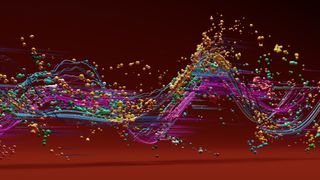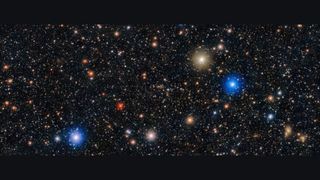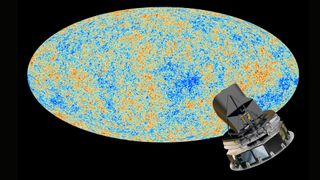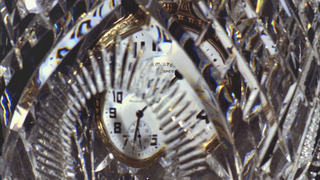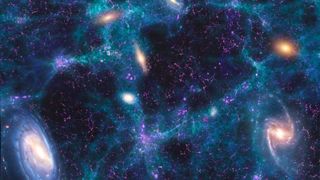Physics & mathematics news, features and articles
Explore Physics & Mathematics
Editor's Picks
Latest about Physics & Mathematics
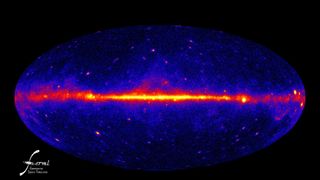
Mysterious glow at the Milky Way's center could reshape a major cosmic theory
By Andrey Feldman published
A mysterious glow at the center of the Milky Way has puzzled astronomers for more than a decade. New research offers an explanation that could also reshape what we know about dark matter.
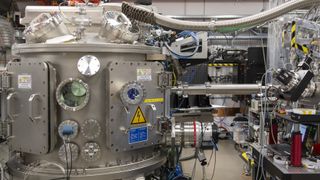
World's biggest X-ray laser discovers never-before-seen type of ice that's solid at room temperature
By Patrick Pester published
Researchers have unveiled ice XXI, a new form of ice that's solid at room temperatures when subjected to immense pressure.
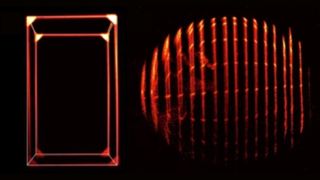
Physicists capture rare illusion of an object moving at 99.9% the speed of light
By Larissa G. Capella published
For the first time, physicists have simulated what objects moving near the speed of light would look like — an optical illusion called the Terrell-Penrose effect.
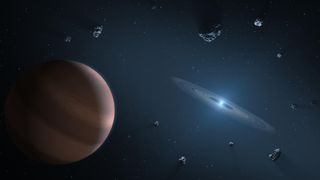
Einstein's relativity could rewrite a major rule about what types of planets are habitable
By Paul Sutter published
Planets that orbit white dwarf stars should be too hot to host alien life, theories suggest. But a new study accounting for Einstein's general relativity may rewrite that rule.
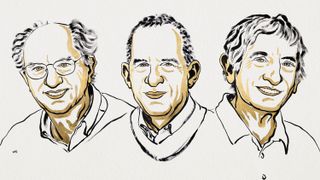
Nobel Prize in physics goes to three scientists who discovered bizarre quantum effect on large scales
By Patrick Pester published
The 2025 Nobel Prize in Physics has been awarded to John Clarke, Michel H. Devoret and John M. Martinis "for the discovery of macroscopic quantum mechanical tunnelling and energy quantisation in an electric circuit."
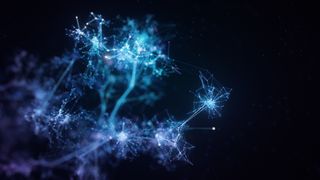
Nobel Prize in Physics: 1901-Present
By Live Science Staff last updated
An artist's illustration of an artificial neural network.
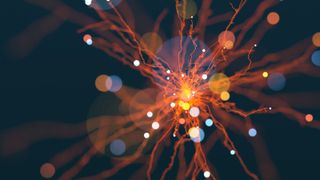
Physicists find a loophole in Heisenberg’s uncertainty principle without breaking it
By Larissa G. Capella published
By using something called a quantum grid, scientists have found a clever way to simultaneously measure momentum and position without violating Heisenberg's uncertainty principle.
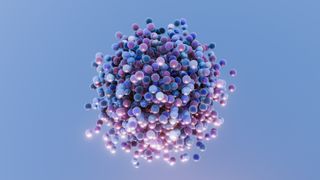
What are the 'magic numbers' in nuclear physics?
By Victoria Atkinson published
Why do some elements decay in minutes, while others last billions of years? Certain "magic numbers" of nuclear particles may make all the difference.
Get the world’s most fascinating discoveries delivered straight to your inbox.
 Live Science Plus
Live Science Plus










